- Your cart is empty
- Continue Shopping

Cefrine Plus 750 Injection
₹139.00
Check Delivery
This product requires a valid prescription. You can upload your prescription during checkout or after placing your order.
Cefrine Plus 750 Injection
Cefrine Plus 750 Injection is a combination antibiotic preparation used to treat a wide range of bacterial infections effectively. It works by fighting harmful bacteria that cause respiratory tract infections, urinary tract infections, skin infections, abdominal infections, bone and joint infections, and septicemia. This injection is usually prescribed when oral medicines are not suitable or effective. The active ingredients in this formulation act synergistically to block bacterial cell wall formation and prevent bacterial growth, leading to faster recovery. It is administered under the supervision of a healthcare professional to ensure correct dosage and effectiveness. Cefrine Plus 750 Injection is especially useful in moderate to severe infections where immediate therapeutic response is required. It provides broad-spectrum antibacterial coverage and reduces the risk of complications from untreated infections. Proper medical guidance is essential for safe use, as misuse may lead to antibiotic resistance or side effects.
Benefits
-
Helps in the treatment of serious bacterial infections
-
Provides broad antibacterial coverage
-
Useful for respiratory tract infections
-
Supports treatment of urinary tract infections
-
Effective in skin and soft tissue infections
-
Plays a role in managing abdominal infections
-
Helps in treating bone and joint infections
-
Used in septicemia and bloodstream infections
-
Suitable when oral antibiotics are not effective
-
Provides fast therapeutic response
-
Reduces risk of infection spread
-
Helps in recovery from post-surgical infections
-
Administered under medical supervision for accuracy
-
Ensures reliable absorption compared to oral drugs
-
Useful for hospital-acquired infections
-
Helps in preventing complications from bacterial growth
Possible Side Effects
-
Pain or redness at the injection site
-
Mild fever or chills after administration
-
Headache and dizziness
-
Stomach upset or abdominal discomfort
-
Diarrhea or loose stools
-
Allergic reaction with rash or itching
-
Swelling of lips or face in rare cases
-
Shortness of breath or chest tightness
-
Unusual tiredness or weakness
-
Low blood pressure in sensitive individuals
How to Use
-
Administered by a healthcare professional only
-
Given through intravenous or intramuscular route
-
Dosage decided by doctor depending on condition
-
Treatment duration based on infection type
-
Not for self-administration at home
-
Patient must complete full course advised
-
Report any discomfort immediately to doctor
How it Works
-
Stops formation of bacterial cell wall
-
Prevents multiplication of harmful bacteria
-
Provides synergistic antibacterial action
-
Weakens bacterial defense mechanisms
-
Helps immune system clear infection faster
What to Avoid
-
Avoid self-administration without doctor’s advice
-
Avoid skipping or stopping doses midway
-
Avoid taking alcohol during treatment
-
Avoid sharing medication with others
-
Avoid using expired injection vials
-
Avoid taking with other antibiotics without consultation
-
Avoid use in viral or fungal infections
-
Avoid if history of severe drug allergy
-
Avoid use without proper diagnostic confirmation
-
Avoid exceeding prescribed dosage
-
Avoid ignoring persistent side effects
-
Avoid unnecessary repeat courses
Safety Advice
-
Always take under supervision of healthcare provider
-
Inform doctor about any ongoing medicines
-
Monitor kidney and liver function in long-term use
-
Inform doctor about pregnancy or breastfeeding status
-
Elderly patients should use with caution
-
Children require dose adjustment under specialist care
-
Report allergic reaction immediately
-
Stay hydrated during treatment
-
Complete prescribed course fully
-
Do not inject at home without medical training
-
Check expiry before use
-
Store as per label instruction
Precautions
-
Inform doctor if having kidney problems
-
Inform doctor if having liver disease
-
Tell doctor if history of seizures
-
Inform doctor if diabetic and on medication
-
Use with care in patients with gastrointestinal issues
-
Do not miss scheduled dose
-
Report unusual bleeding or bruising
-
Avoid use if past severe reaction to cephalosporins
-
Inform doctor of previous antibiotic resistance
-
Take medical advice before combining with painkillers
-
Do not stop suddenly without consultation
-
Get regular checkups during prolonged treatment



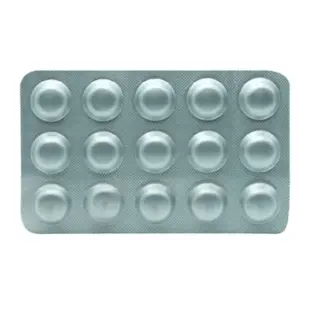
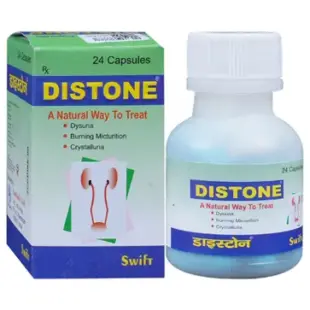
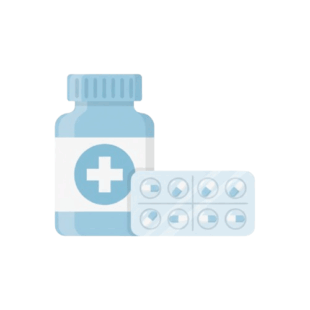
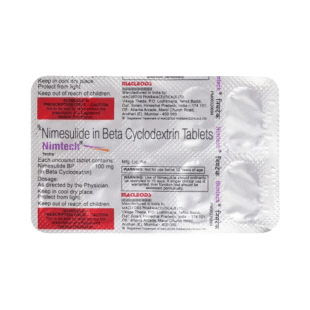

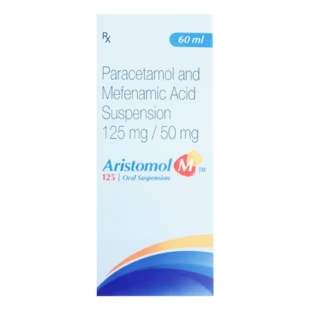
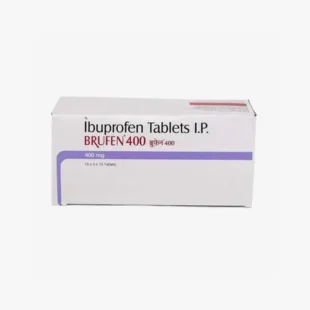
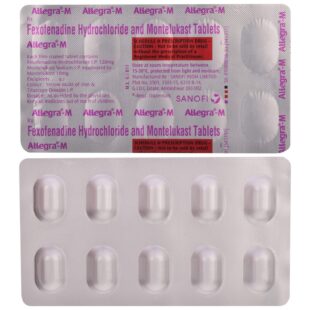
Reviews
There are no reviews yet.